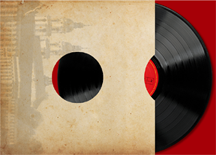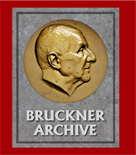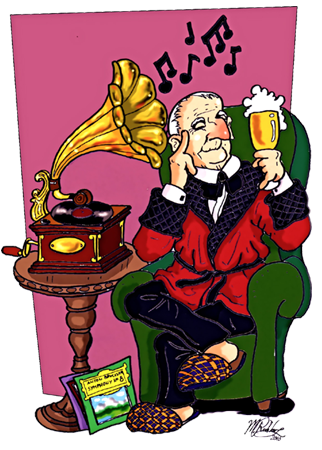Mann, Thomas: Dr. Faustus
"I can no longer recall the title exactly. It was called 'The Elemental in Music' or 'Music and the Elemental' or 'The Elements of Music' or maybe even something else. In any case, the idea of the elemental, the primitive, of primal beginnings, played a decisive role in it, as did the notion that of all the arts, music in particular (however highly complex, richly and subtly developed that marvelous structure created by history over the course of centuries might be) had never cast aside the devout habit of reverently recalling its first beginnings and solemnly conjuring them up-in short, of celebrating its elemental forces." Zeitblom recalls Kretzschmar speaking of Beethoven and Bach before moving to Bruckner: "In order to prove receptive for the utter and unprecedented uniqueness of this creation-the lecturer told us from the piano, which he used to verify his words-the heart needed to be, as Scripture says, 'swept with the besom,' to be brought to that state of perfect emptiness and readiness that mystic instruction says is a condition for receiving God. And he recalled Anton Bruckner, who loved to refresh himself at the organ or piano with simple, long series of triads. 'Is there anything more heartfelt, more glorious,' he had cried, 'than such a sequence of basic triads? Is it not like a cleansing bath for the soul?' And this assertion, Kretzschmar suggested, was also thought-provoking evidence for music's tendency to plunge back into the elemental and admire itself in its earliest beginnings." (trans. John E. Woods) My thanks to Paul Lawley for this information. |









